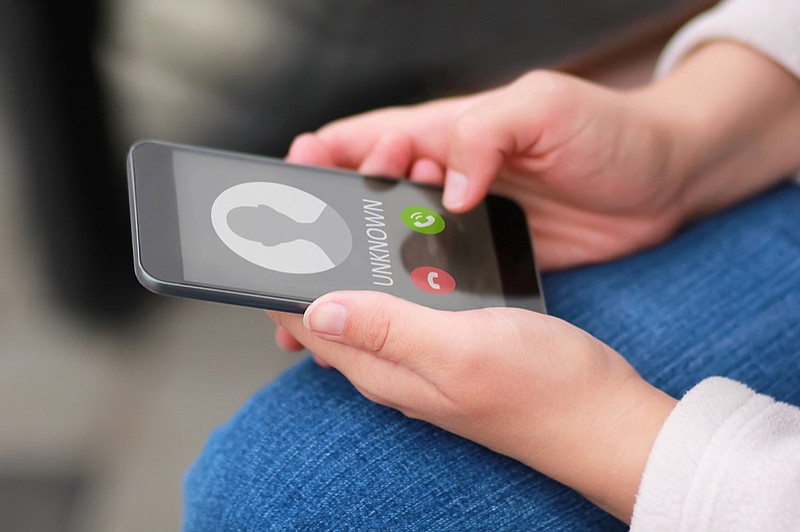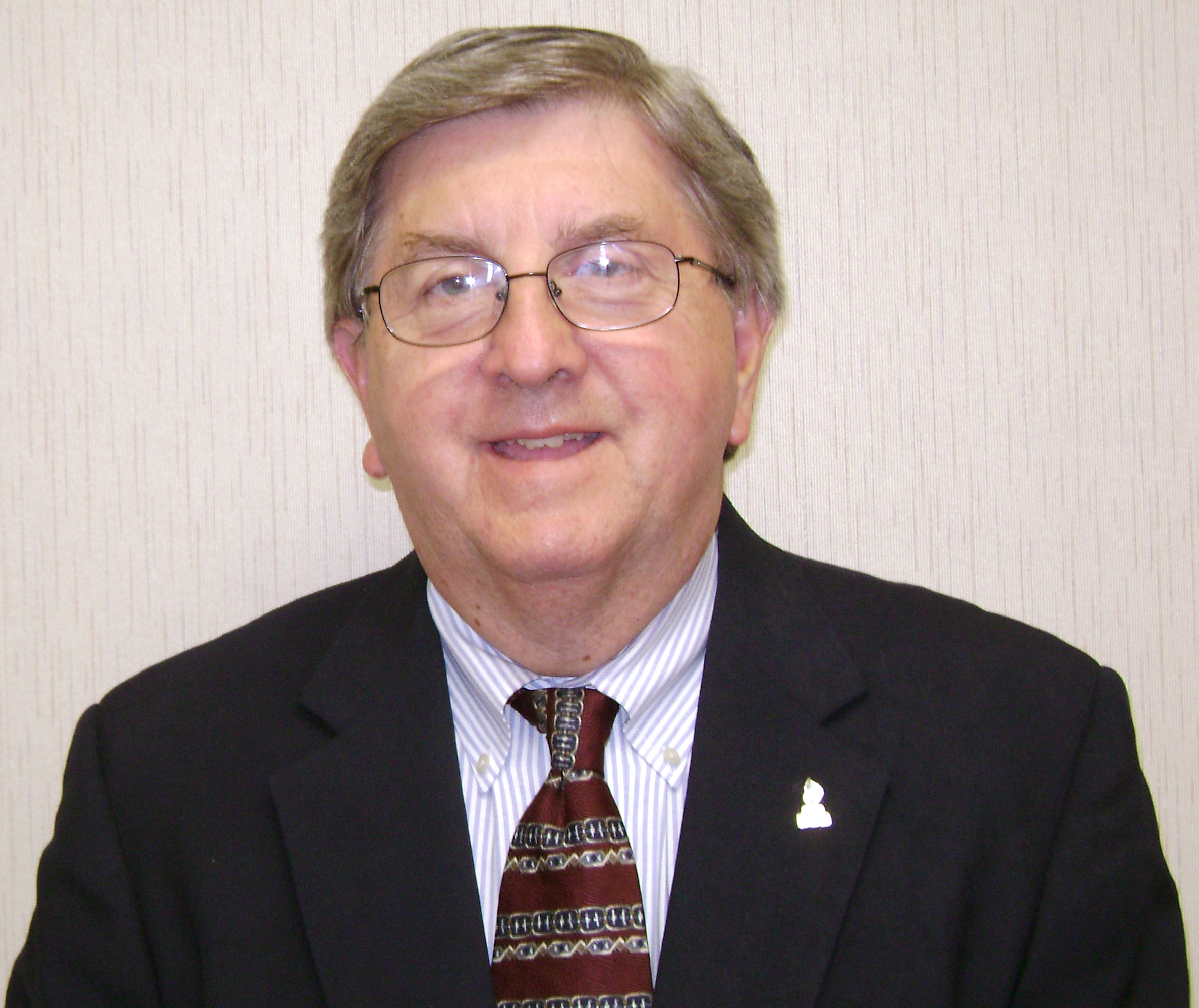Q. What Scams are active today in the marketplace?
A. Tax season is over, but don't let down your guard! The Federal Trade Commission is warning people to be on the lookout for suspicious calls that claim to be from the Social Security Administration. Scammers are ramping up their efforts to steal Social Security numbers to use in filing fraudulent tax returns.
How the Scam Works
You answer the phone, and it's someone alleging to be from the Social Security Administration (SSA) or another government entity. The name on your caller ID may even back up that claim. The caller says your social security number has been used to fraudulently apply for a credit card or commit another crime. In order to fix the situation, the caller needs you to confirm your SSN and other personal information. If you don't cooperate, the caller threatens to take you to court or have your Social Security number blocked or revoked.
No matter the details, the stories are designed to induce fear. Scammers hope that under pressure you will tell them your SSN and other sensitive personal information. Scammers can use SSNs to commit identity theft and file tax returns in your name to steal your refund.
How to Avoid the Scam
* Never give personal information to unsolicited callers. If someone contacts you without your permission, refuse to tell them any personal information.
* Remember, the SSA will never call you asking for your Social Security number. They will never ask you to pay anything, nor will they threaten your benefits.
* Don't trust your caller ID. The internet has made it possible for scammers to use fake IDs when they call your home. If you receive a suspicious call, don't make any important decisions based on what your caller ID says.
* Contact the Social Security Administration: If you are concerned about a call you received from someone who claims to be with the SSA, you can call the real SSA at 1-800-772-1213 (TTY 1-800-325-0778).
Also active is the "One Ring" telephone scam;
Generally, the "one ring" scam takes place when a robocaller calls a number and hangs up after a ring or two. They may call repeatedly, hoping the consumer calls back and runs up a toll that is largely paid to the scammer.
FCC officials say that calling back to see who it is could result in per minute toll charges (much like "900" number calls). The FCC says these calls are using the "222" country code of the West African nation of Mauritania.
It is human nature to be annoyed enough, and curious enough, about the origin of a middle-of-the-night caller that you might call it back to see who it is; however, in this case, that could be an expensive decision.
Tips for dealing with the "One Ring" call:
DON'T call back numbers you don't recognize, especially those seeming to originate overseas.
If you receive one of these calls, file a complaint with the FCC at www.fcc.gov/complaints, and submit a report to BBB Scam Tracker at www.bbb.org/scamtracker. You can call BBB at 423-266-0396, or 1-800-548-4456.
If you never make international calls, consider talking to your phone company about blocking outbound international calls to prevent accidental toll calls.
Check your phone bill for charges you don't recognize.
To learn more about other kinds of scams, go to BBB.org/ScamTips.
Jim Winsett is president of the Better Business Bureau in Chattanooga

